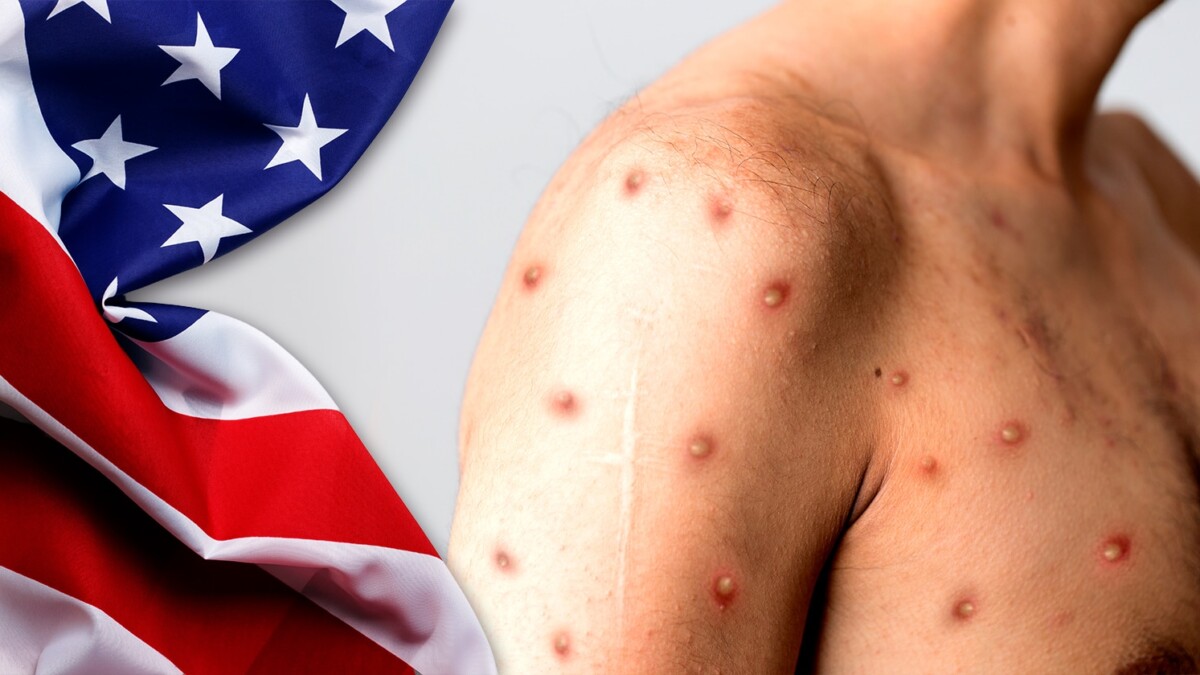Recently, U.S. health authorities reported the first death caused by Alaskapox (Alaskapox) in the country.
The event occurred on the Kenai Peninsula in the state of Alaska, where an elderly adult man died from the disease caused by an orthopoxvirus, which infects mammals and occasionally humans.
Although the case has been studied, the route of exposure remains unclear.
The man lived alone in a wooded area and, according to his reports, had not left the place, nor had contact with other people or with small mammals.
He confessed to having done gardening work in his yard a few months ago and to having taken care of a stray cat that helped him keep his home free of rodents, although it frequently scratched him.
Initially, it was presumed that the feline was the source of infection, but after several tests that were negative, it was ruled out.
The patient had complicating factors not only related to age but also due to oncological treatments that caused immunosuppression, meaning his immune system was weakened.
Although this is the first reported death, the state’s Department of Health said this is not the first time they have detected a case of Alaskapox.
The first case of the disease was reported in Fairbanks in 2015, and since then, there have been seven cases, including this one, although none were fatal before.
Coincidentally, the residential areas were always wooded, and small mammals such as red-backed voles, carriers of the virus, lived in the vicinity of the residence.
The department reminds that the physical lesions caused by Alaskapox are generally cutaneous and, although it is not proven to be transmitted from person to person, care should be taken if they appear.
It can also cause other symptoms such as swelling of the lymph nodes and joint and muscle pain or both.
It warns that people with immune system problems might be more prone to contract it and to develop more severe illnesses.
Likewise, it requested that medical professionals who suspect a probable infection by the Alaskapox virus contact the state’s Epidemiology Section at 907-269-8000.
✅Para Recibir TODAS las Noticias GRATIS 👉Síguenos desde Aquí

